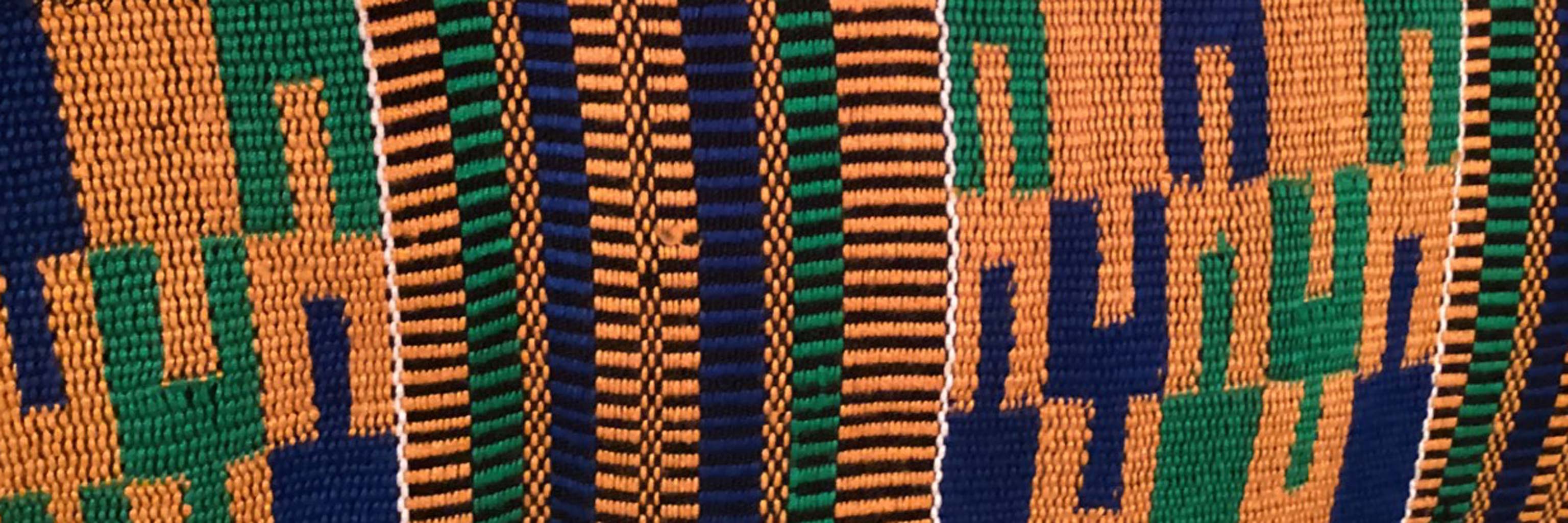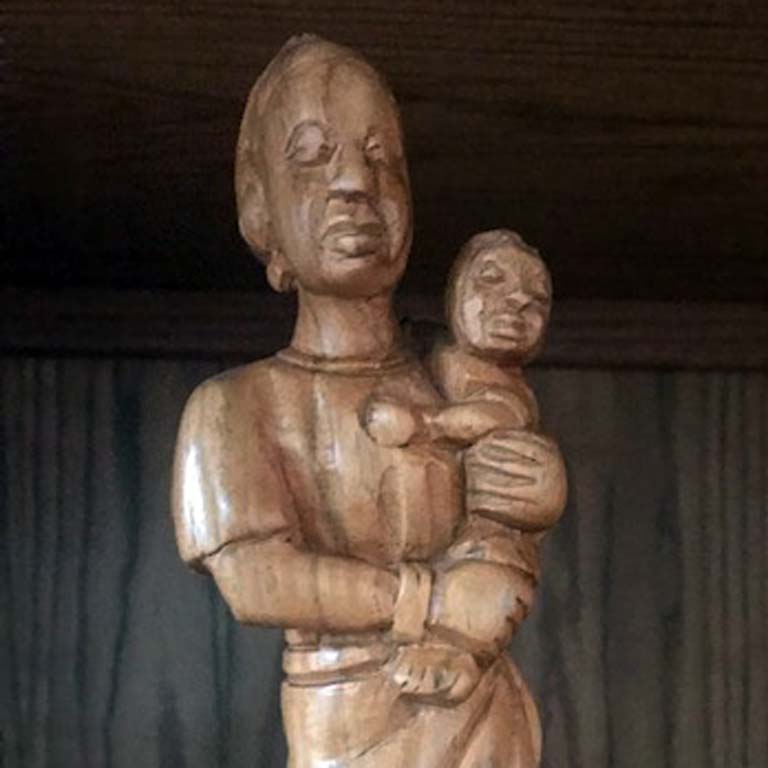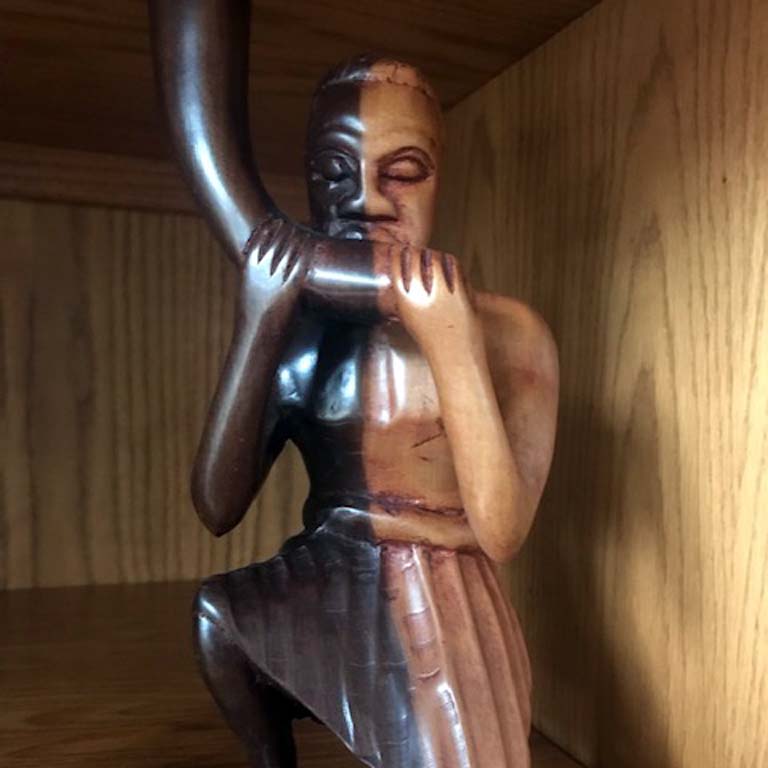Linguistic diversity and communicative inequality are among the most crucial questions facing Africa in general and West Africa in particular due, in part, to lack of understanding of the nature of language and of respect toward languages in the West African subregion. The West African Languages Institute (WALI) is dedicated to the advancement in the study of West African languages. We take a multifaceted approach to share knowledge about language structure, language use, and an emphasis of language as the most important tool of human existence.
To do this in a systematic and ‘sensible’ way, we focus our work on three crucial areas: language structure, language use, and access to the materials needed to make one understand the importance of human language and the differences in communicational mores. We take it as axiomatic the need to recognize that different peoples with different cultural mores have different communicational strategies and that such differences must strengthen our co-existence. The institute encourages the integration of culture into language research and emphasizes fieldwork as an important and the most authentic way to understand language structure and language use in the communities in which our researched languages are spoken. Also encouraged by the institute is the acquisition and use of authentic and sensible data for general language research and linguistic study.




 The College of Arts
The College of Arts